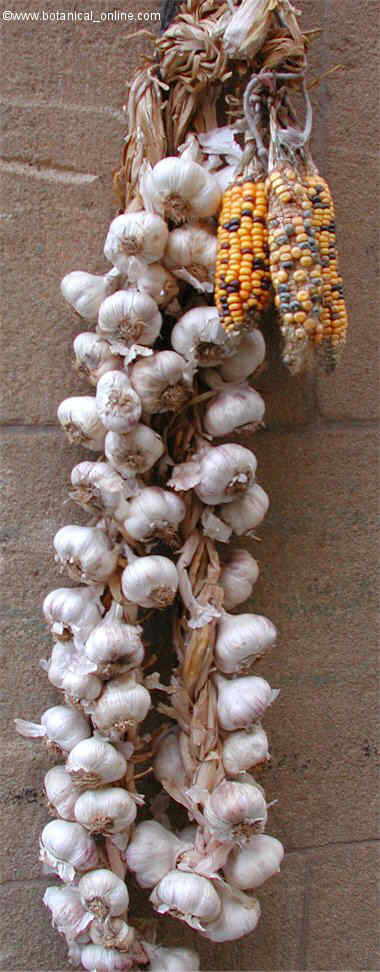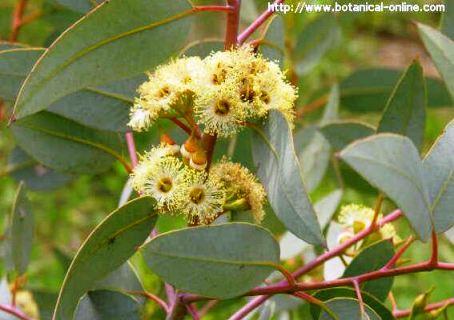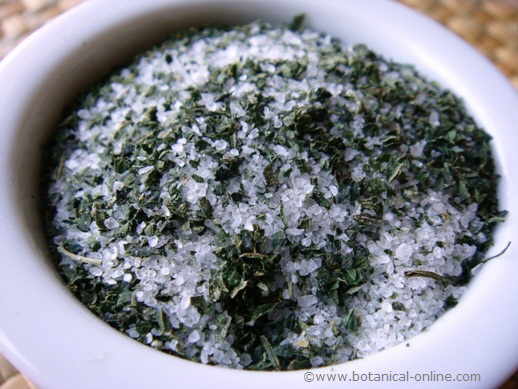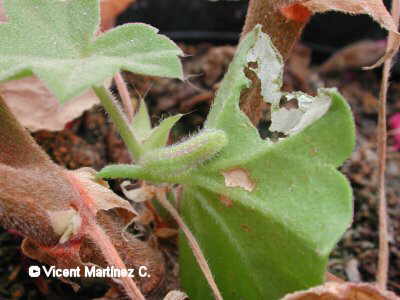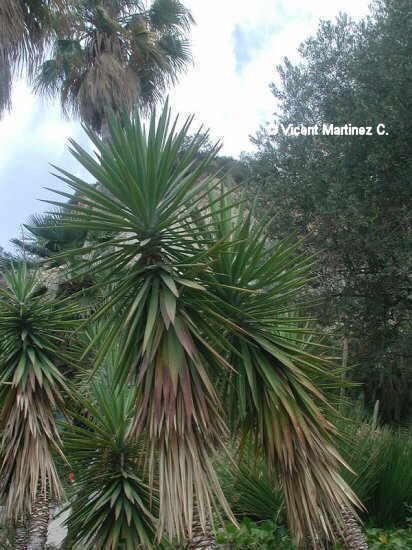Contents
Where can you drink absinthe
More recent studies on the toxicity of absinthe
Absinthe was banned in most countries because it was considered a psychoactive addictive drug, and because of the alleged damage it inflicted on the organism (absenteeism) as previously discussed.
Recent studies seem to show that its effects were exaggerated and that the supposed absenteeism syndrome was somewhat fictional.
It has been proven that the thujone does not have hallucinogenic effects and that the hallucinations produced in people who drank this drink during century XIX were probably due to the products added during this time to modify the color.
Studies currently conducted on the content of this beverage in commercial products show that current levels of thujone in regulated beverages are too low to be considered hazardous. Before this content could cause problems in the drinker, the amount of alcohol ingested would already in itself pose a greater threat to the health of the drinker.
Some cases of poisoning by thujone have been explained as a result of ingestion of non-commercial products with high levels of this component, such as essential oil which may contain up to 50%.
Although there are no studies conclusive on this subject, most of them fail to differentiate absenteeism as a different intoxication of alcoholism, therefore it is believed that the negative effects of absinthe are those of a drink with a high alcohol content.
On the contrary, the essential oil of wormwood is a psychoexciting, convulsing and narcotic and can be responsible for very prominent negative symptoms.
Is absinthe an aphrodisiac drink?
Regarding the alleged aphrodisiac or psychotropic effects of this drink seem to be completely discarded.
According to recent studies, the effects of thujone have nothing to do with those of tetrahydrocannabinol, so trying to equate marijuana with absinthe is considered to be totally false and only responds to a desire to increase sales of this product.
Although there is new analysis and a different approach on this drink, again the desire of bohemia in trying to recover the ancient myths and legends of this drink.
The greatest danger of consuming this drink, apart from the possibility of incurring alcoholism, is in the consumption of unregulated products, especially oils and other products sold in unreliable markets. |
Is absinthe a legal or an illegal drink?
The consumption of absinthe has been illegal in France since it was banned in 1919. However, its production and export to other countries is not illegal. The prohibition of absinthe in France led to the increase of other similar drinks like pastis.
Pastis, unlike absinthe, does not contain wormwood and its aroma is based on licorice. It also contains star anise (Illicium verum) unlike absinthe that bases its composition on wormwood and contains the real European green anise (Pimpinella anisum)
In most countries in Europe and the world absinthe has once again been considered as a legal product, claiming that its effects are not different from those produced by other alcoholic beverages. |
In Spain, its consumption and production is legal. In fact in this country was never prohibited although its consumption fell into disuse after 1940. Since 2007, its consumption has resurfaced and there are areas especially producing in Catalonia.
In Sweden, although not prohibited, as the rest of alcoholic beverages with a percentage of alcohol of more than 3.5%, is controlled by the government and this government does not import this drink.
In Switzerland, only distilled absinthe without dyes or natural dyes is allowed.
In the United States it is legal although with limitations (it can not contain thujone (less than 10 mg / kg,) the word absinthe can not appear as a brand name or alone as an ingredient and the packaging can not imply that it is a Psychotropic substance, hallucinogenic or altering the consciousness ”
In Canada it is also legal although its use is very regulated.
In Mexico it is legal although it can not surpass 45 º.
In Brazil it is also legal, although it can not exceed 53.8%
![]() More information on absinthe and wormwood
More information on absinthe and wormwood


